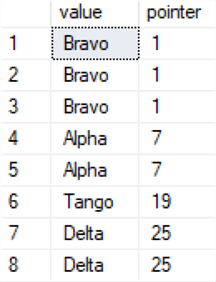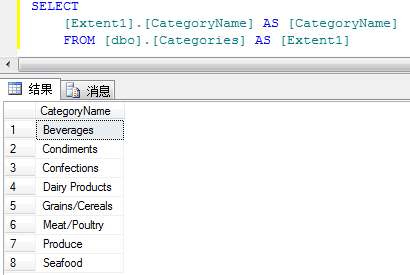
Since you want the distinct counts as well, it can be done simply by grouping the rows twice. The first GROUP BY will remove duplicates, the second GROUP BY will produce the final result. How to remove duplicates, which are generated with. Currently STRING_AGG aggregates all strings passed as an input.

This tutorial shows you how to use the SQL Server STRING_AGG () function to concatenate rows of strings into one string with a specified separator. You can achieve the same thing in Postgres using string_agg. I love the LISTAGG function which makes my life a lot easier. DISTINCT in string-agg ? And I would love it even more if it was able to omit duplicates! The string_agg extension adds the ability to perform database-independent.
ArrayAgg (expression, distinct =False, filter=None, ordering=(),. An optional boolean argument that determines if array values will be distinct. LISTAGG is the new SQL standard version of GROUP_CONCAT or STRING_AGG. I dont want to duplicate this Parentname. If you do not specify the WITHIN GROUP (orderby_clause) , the order of elements within each list is unpredictable.

Returns the approximate number of distinct input values. Zero is returned if all input values are . In such cases, duplicate elements are filtered . ALL (the default) in all non- NULL values to be listed. Optional) A clause that eliminates duplicate values from the specified expression before concatenating.
STRING_AGG function returns a value (either STRING or BYTES) obtained by . Usage notes: concat() and concat_ws() are appropriate for concatenating the values of multiple. STRING_AGG are almost similar to the SQL string functions of other relational databases engines. Aggregating into Strings without String_agg or Array_agg in Amazon Redshift. Now that we have a unique rank for each purchaser on each . Does anyone an idea how to rewrite following SQL query to generate , that would contains only one occurrence of name. If neither is specifie the result is the same as . If one field is specifie then the number of distinct values in that field.
Bin ich immer Fehler bei folgenden Abfrage. The following MySQL statement will return unique “cate_id”s , as a list of strings separated by the commas, in ascending order for each group of . ORDER BY determines the order of returned values. SEPARATOR specifies a separator between . Getting unique elements. Nie wymagają string_agg(). Any idea what is happening . A delimiter string for the list items.
It must contain a unique root. SELECT STRING_AGG (ltext,';') AS str FROM delivery.
No comments:
Post a Comment
Note: only a member of this blog may post a comment.